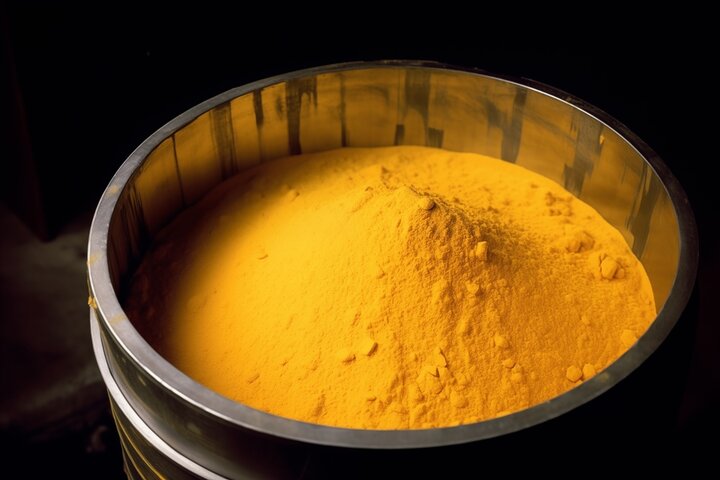In response to the invasion of Ukraine by Russian forces, Western countries, including the US, the European Union (EU), Britain and Australia have imposed a series of new sanctions against certain Russian entities and individuals. Sanctions were first imposed in 2014 following the Russian annexation of Crimea. Their scope has significantly expanded over the last few days and will have an impact on the operations of Russian companies (e.g. Russian banks and energy companies) as well as the ability of the rest of the world to conduct business with Russia.
The Platinum European and International strategies do not currently hold positions in any company that is listed or predominantly operates in Russia or Ukraine. Our indirect exposure through other European companies that have domestic operations in Russia is very low (1.5% and 1% of the European and International strategies, respectively). The Platinum International Brands Fund held a position of 6.1% in two stocks immediately prior to the Russia-Ukraine invasion. These were in Sberbank of Russia (2.9%) and TCS Group Holding (3.2%). On 25 February 2022, we sold the entire Sberbank position on the basis that it became subject to sanctions; we continue to hold TCS as it is a private company with no government ownership and not subject to sanctions. The current holding in TCS as of 1 March 2022 is 0.4%.
Our European strategies continue to own a number of investments in the Central and Eastern European (CEE) region, including companies based in the Czech Republic, Hungary and Romania. While these countries are geographically close to Ukraine, it is important to stress that they have a very different risk profile to Ukraine. They are not directly impacted by the conflict. They are also members of the EU and enjoy the protection of NATO. These holdings together represent about 14% of our European strategies’ capital, with 2.5% in Wizz Air (Hungarian-based low-cost airline), 3.4% in Fondul Proprietatea (owner of Romanian utilities) and 8% in bank holdings, of which 5.5% is invested in Banca Transilvania (Romania) and Komercni banca (Czech Republic), both being domestically focused banks with leading market shares. The Platinum European strategies currently have a healthy 15% cash holding.
While the Russian/Ukrainian conflict will no doubt cause volatility in financial markets over the near term, so far there has been no reason to suggest any change to the medium-to-long-term investment thesis that we hold for our portfolio companies. For the reasons outlined below, we believe that the CEE remains fundamentally attractive from an investment perspective.
When we talk about Central, Eastern and South-Eastern Europe, we are loosely looking at a region spanning across some 20 countries and with an aggregate population of almost 200 million, excluding Russia and Turkey. This represents more than one-third of the population of Europe. About half of these countries are members of the EU and two-thirds are part of NATO.
The majority of the CEE countries are small, open and emerging market economies with mostly democratically elected governments, though some are run by homegrown populists. While understandably the mention of the CEE may still invoke an image of ‘the Eastern Bloc’ from the Cold War era, centrally planned economies living in the shadow of the former Soviet Union, the truth is that since the fall of the Berlin Wall over 30 years ago, countries such as the Czech Republic, Poland and Romania have undergone profound political and economic transformations.
Part of investors’ reluctance to invest in Poland and Hungary in recent years stems from a deep sense of discomfort and concern with the rising populist and nationalist movements, which seem to have drifted away from the democratic and liberal values of European nations. Putin’s invasion of Ukraine and its condemnation from the international community are a timely reminder to the whole world of the inviolable nature of these values, which will likely bring these wavering countries closer to the EU and NATO. Growing domestic opposition and international pressure may cause these populist leaders to course-correct. One does not want to stand alone in these times.
Despite the current situation in Ukraine, we are of the view that the CEE region’s investment prospects continue to be promising. The favourable structural characteristics that differentiate these countries from most emerging markets remain in place.
CEE economies are very competitive with a workforce that is highly educated, productive and relatively cheap. Consumers and businesses are in great shape, as there has been a dramatic reduction in indebtedness across the region following the 2008 financial crisis. Household debt-to-GDP ratio is low compared to Western countries.1
Furthermore, the region is now set to benefit as the EU brings industries back to its member states or nearby countries. Reshoring of production has become a topical issue due to supply shortages during the COVID-19 pandemic and a secular shift towards geopolitical rivalry between US and China. With the escalation of sanctions against Russia, Europe is now set to accelerate its efforts to increase energy supplies independent of Russia, spurring new infrastructure investments.
1 Source: Autonomous Research, as at 30 September 2021.
DISCLAIMER: This article has been prepared by Platinum Investment Management Limited ABN 25 063 565 006, AFSL 221935, trading as Platinum Asset Management (“Platinum”). This information is general in nature and does not take into account your specific needs or circumstances. You should consider your own financial position, objectives and requirements and seek professional financial advice before making any financial decisions. You should also read the latest product disclosure statement for the Platinum Trust® Funds before making any decision to acquire units in a fund, a copy of which is available at (together with the target market determination) www.platinum.com.au. The commentary reflects Platinum’s views and beliefs at the time of preparation, which are subject to change without notice. No representations or warranties are made by Platinum as to their accuracy or reliability. Commentary may also contain forward-looking statements. These forward-looking statements have been made based upon Platinum’s expectations and beliefs. No assurance is given that future developments will be in accordance with Platinum’s expectations. Actual outcomes could differ materially from those expected by Platinum. To the extent permitted by law, no liability is accepted by Platinum for any loss or damage as a result of any reliance on this information.

